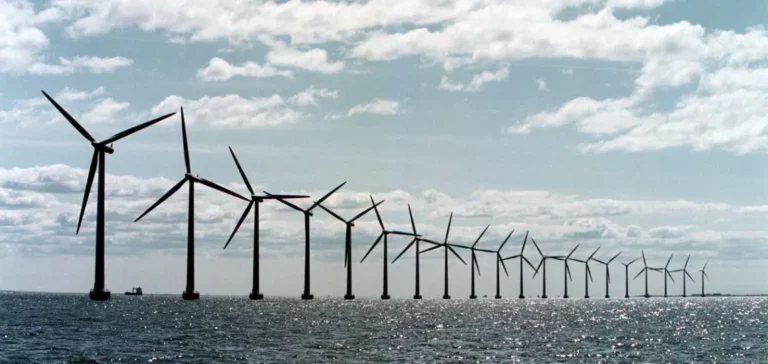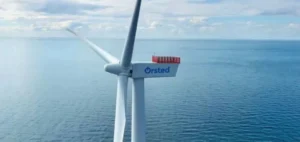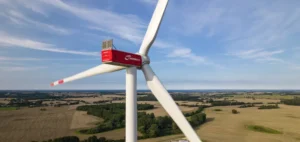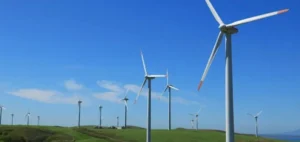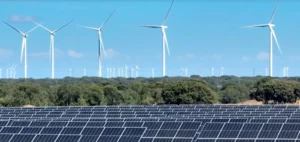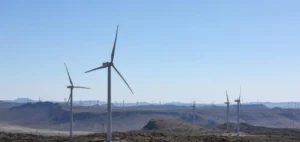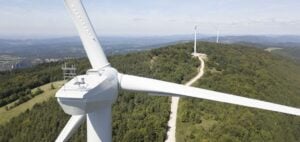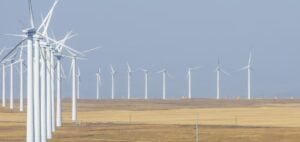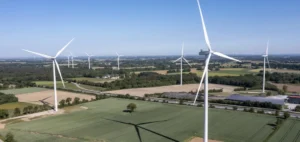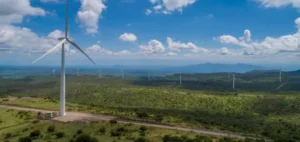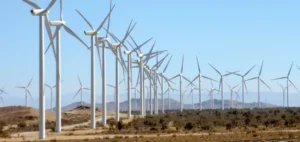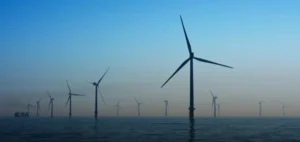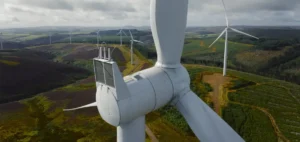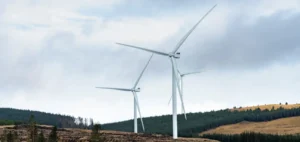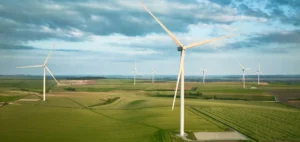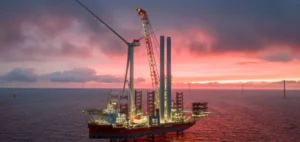The Danish Energy Agency (DEA) reaffirmed its refusal to grant feasibility study permits under its so-called “open-door” scheme, which was suspended in 2023 and reactivated last year. Thirty-seven projects, including three with a testing component, were finally rejected on September 1.
A mechanism in conflict with European law
The open-door scheme allowed developers to submit unsolicited applications for offshore wind projects without going through a tender. If accepted, developers obtained a free and exclusive right over a sea area to conduct studies prior to establishing a wind farm. This principle, deemed incompatible with European Union state aid rules, led the DEA to suspend the review of applications in February 2023.
The agency partially resumed case processing in March 2023, particularly for the Aflandshage and Frederikshavn projects, which had already received initial permits in 2019 and 2018. Subsequently, the review expanded to other projects, including Jammerland Bugt, Lillebælt South, Omø South and Nordre Flint. In July, projects linked to Denmark’s new marine plan were also examined.
A judicial review with no effect on the final outcome
In spring 2024, the Energy Complaints Board annulled several initial rejection decisions, ordering the DEA to reassess the applications. After reconsideration, the agency maintained its stance and rejected all 37, considering they would constitute illegal state aid in the absence of competition.
“It would be contrary to European Union law to grant a preliminary study permit with exclusive rights if that permit has value for the applicant and there has been no competition,” said Stig Uffe Pedersen, Deputy Director General of the agency.
Market pressure and references to previous tenders
The DEA based its assessment on the potential value of these permits in the current offshore wind market. The growing interest in the open-door mechanism and the amounts paid during previous tenders, notably for the Thor project in 2021, reinforced the view that such permits have implicit market value. The agency also pointed to several recent cases in Europe where competitive tenders ended with developers making payments directly to governments.


